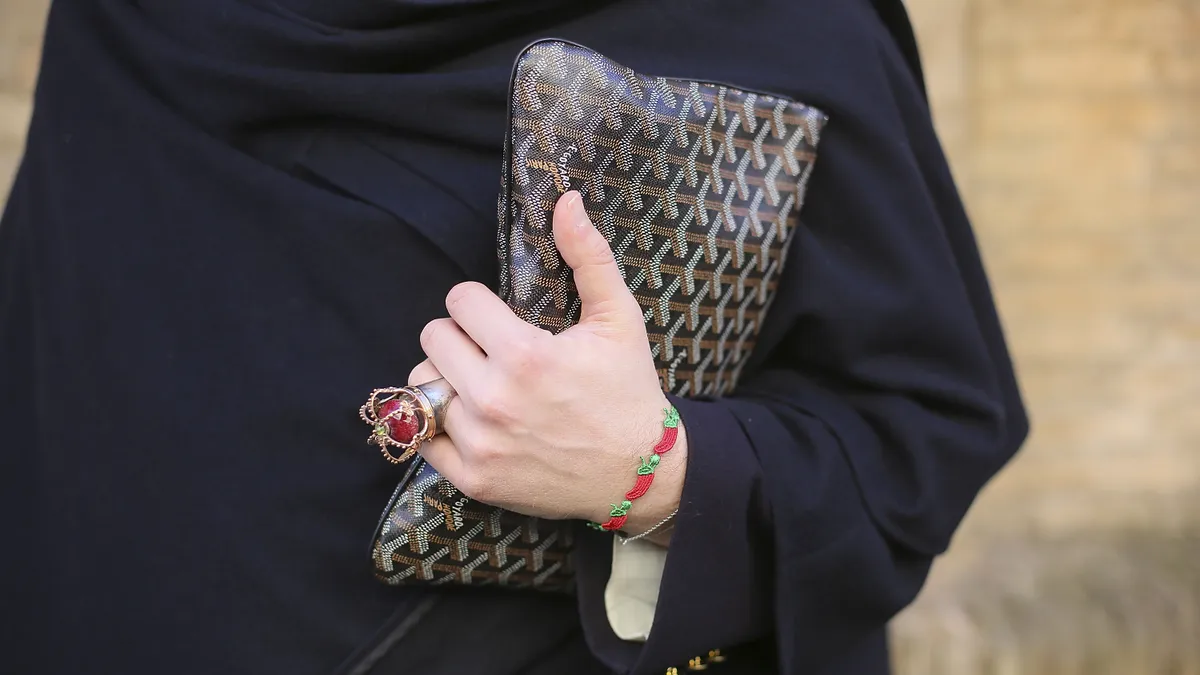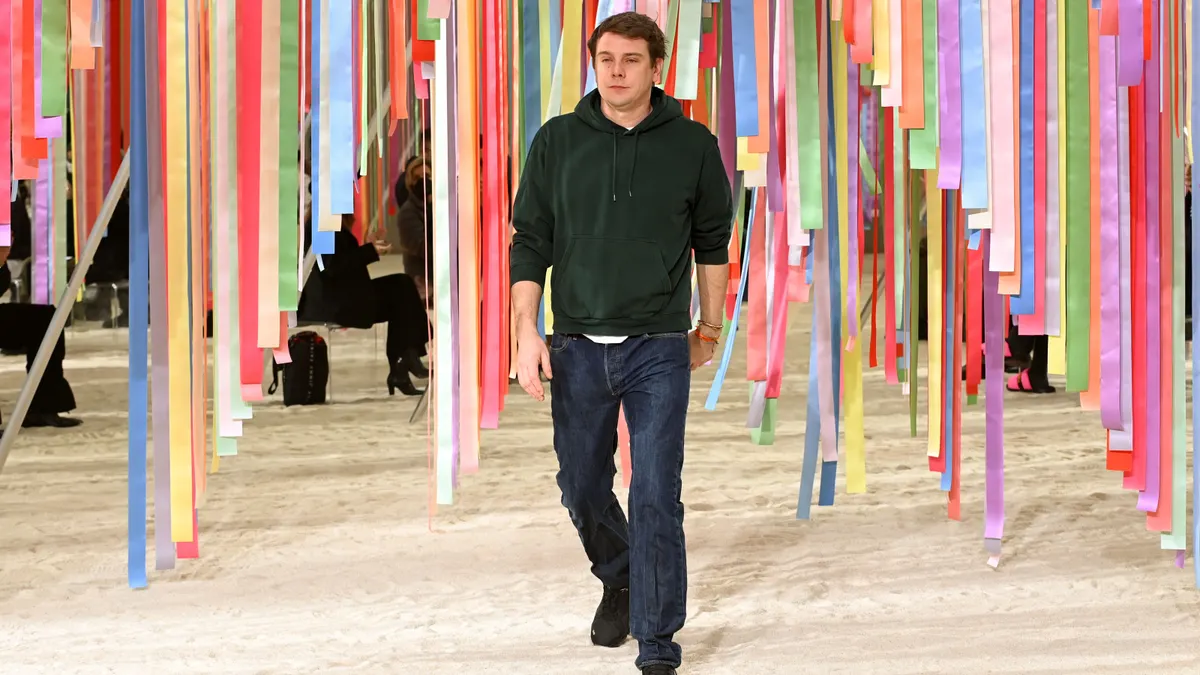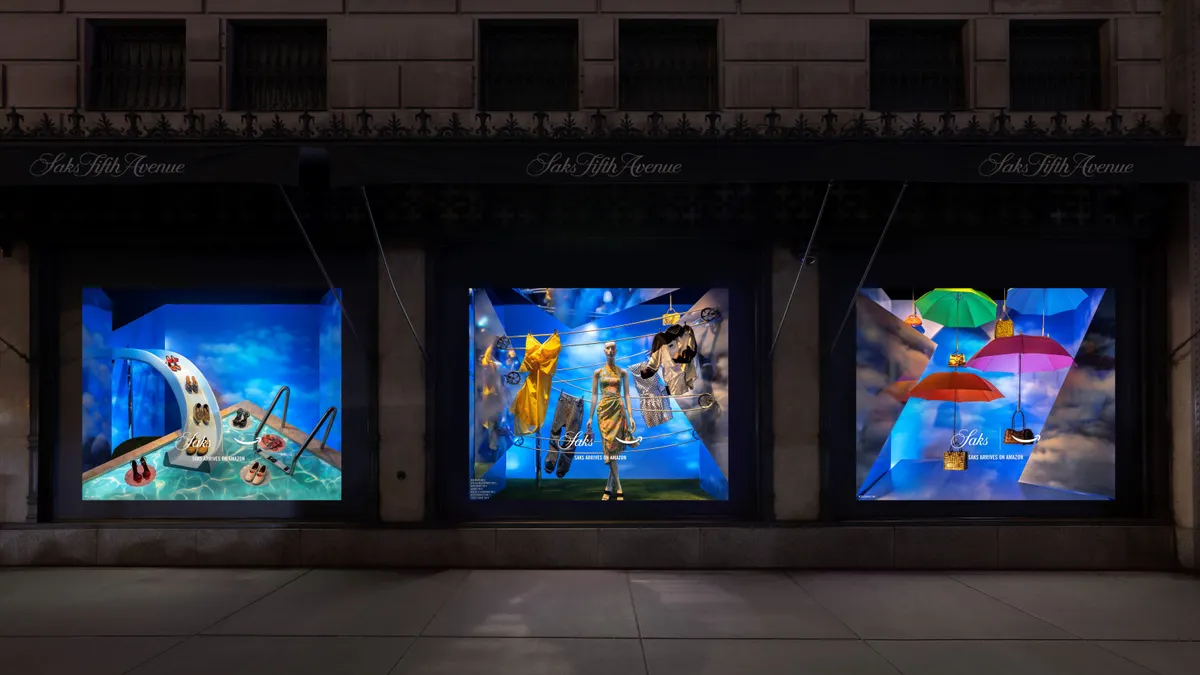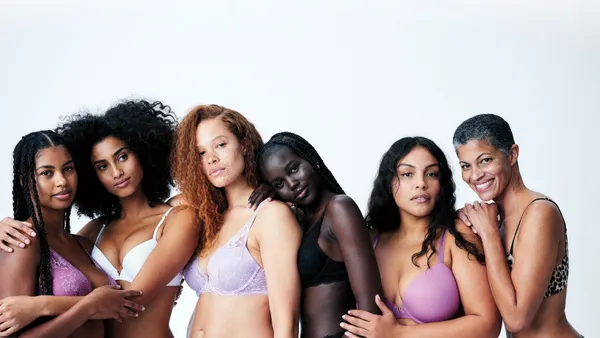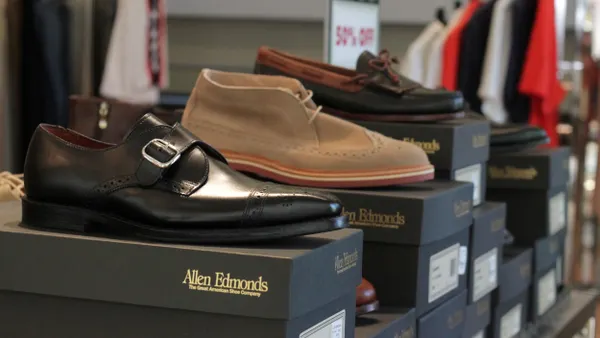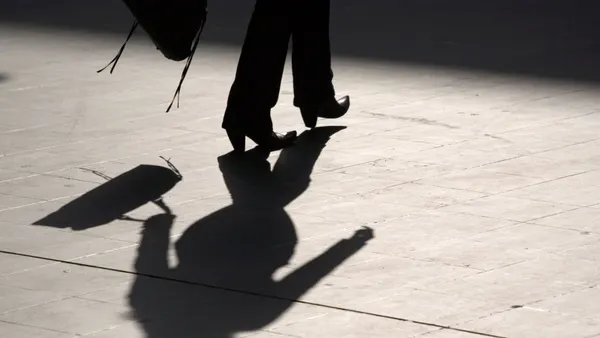Dive Brief:
- Of the approximately $1.4 billion worth of goods verified by AI-authentication platform Entrupy, 9% were found to be inauthentic, according to a report released this week.
- The technology company, which verifies luxury items and sneakers at resale, found that brands such as Goyard, Prada and Cèline had the highest rates of inauthentic products.
- The findings are part of Entrupy’s 2024 State of Fake report, which examines the impact of fake and counterfeit products in the global marketplace.
Dive Insight:
Authenticity has been a key focus in the fashion industry over the past few years as more brands are cracking down on fake products in the resale space and in some cases implementing their own certification technology.
Louis Vuitton was the brand Entrupy worked to authenticate the most in 2023, representing 32% of all its authentications. The brand has been the No. 1 authenticated brand on the platform each year since 2017, per its data.
The brand’s monogram canvas was its most authenticated material, and the retail value of the label’s authenticated products in 2023 was $399 million, per the report
Chanel and Gucci tied for second place, representing 13% of all Entrupy’s authentications, while Prada accounted for 10%, and Coach represented 5%.
The report also identified brands in 2023 with the highest unidentified rates. Goyard had the highest unidentified rate at 23%, followed by Prada at 14%. Cèline and Hermès products each had a 12% unidentified rate, and Loewe’s was 11%.
Meanwhile, Entrupy began authenticating sneakers for Nike and Adidas in the summer of 2023, and it has since expanded its sneaker authentication to brands such as Dior, Christian Louboutin and Louis Vuitton.
In 2023, 92% of the sneakers Entrupy verified were authentic, marking a higher rate than the previous two years of 89% and 84%.
Nike’s Jordan 1 Retro Low OG SP Fragment with Travis Scott had the highest unidentified rate at 55%, and Adidas’ Yeezy Boost 700 Wave Runner had an unidentified rate of 29%.
The report also examined trends in counterfeit sales as a whole.
It noted that in counterfeit e-commerce listings, sellers often omit branded product names, trademarks and other key phrases because using those is the “easiest way for legitimate brands to find fakes online.” The report added that AI can detect a brand’s logos and trademarks, so counterfeiters will often take their own photos of products while obscuring the logo so it's harder for AI to identify.
Tools such as Google’s AI assistant and ChatGPT also make fake reviews easier, according to the report, which complicates the process for customers trying to find legitimate products.
Report authors said that counterfeit sellers are partnering with TikTok creators to generate interest and direct viewers to marketplaces like DHgate and Pandabuy, which have listings that are “intentionally vague to evade detection,” per the report.



